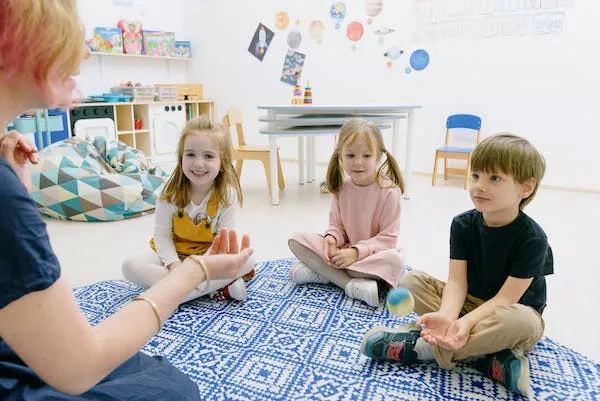Making friends is an important aspect of life that brings joy, support, and companionship. While some people seem to effortlessly make friends, it’s a skill that can be learned and developed. In this article, we explore the essential skills for making friends, emphasizing the importance of communication, empathy, active listening, self-confidence, and shared interests. By understanding and honing these skills, individuals can cultivate meaningful connections and build a fulfilling social network.
Effective Communication
Effective communication is the cornerstone of successful friendships. It involves expressing oneself clearly, listening attentively, and being open to different perspectives. Use positive body language, maintain eye contact, and engage in active conversation. Be mindful of your tone and be respectful and considerate when expressing opinions. Clear and genuine communication fosters understanding and forms the basis for lasting friendships.
Empathy and Understanding
Empathy is the ability to understand and share the feelings of others. Developing empathy allows individuals to connect on a deeper level, showing care and compassion. Put yourself in others’ shoes, actively listen to their experiences, and validate their emotions. Show genuine interest in their lives and challenges. By demonstrating empathy, you create an environment of trust and support that encourages the growth of meaningful friendships.
Active Listening
Active listening is a vital skill in building friendships. It involves fully engaging with the person speaking, giving them your undivided attention, and demonstrating genuine interest. Avoid interrupting or formulating responses in your mind while they are speaking. Instead, focus on understanding their perspective and validating their thoughts and feelings. By actively listening, you show respect and make others feel valued and heard.
Self-Confidence and Authenticity
Having self-confidence and embracing authenticity are essential for making friends. Confidence allows you to be comfortable with who you are and express yourself authentically. Embrace your strengths and quirks, and don’t be afraid to show vulnerability. Be genuine in your interactions, as people are drawn to authenticity. Cultivating self-confidence and authenticity helps attract like-minded individuals and creates a solid foundation for genuine connections.
Shared Interests and Common Ground
Shared interests provide a strong foundation for building friendships. Engage in activities and join groups or communities that align with your passions and hobbies. This allows you to meet people who share similar interests, providing opportunities for meaningful connections. Participate in conversations, ask open-ended questions, and show enthusiasm for others’ interests. Shared experiences create bonds and pave the way for lasting friendships.
Positive Attitude and Open-Mindedness
Maintaining a positive attitude and being open-minded are key traits for making friends. Approach new encounters with optimism and a willingness to learn from others. Embrace diversity and be open to different perspectives, cultures, and backgrounds. Avoid making judgments or assumptions prematurely. A positive and open-minded attitude fosters an inclusive environment and encourages the formation of diverse and enriching friendships.
Initiative and Proactive Approach
Making friends requires taking initiative and being proactive. Take the first step by initiating conversations, reaching out to others, and suggesting social activities. Be willing to step out of your comfort zone and attend social gatherings or events. Display genuine interest in getting to know people and maintaining connections. By being proactive, you demonstrate your commitment to building and nurturing friendships.
Emotional Intelligence and Conflict Resolution
Emotional intelligence plays a crucial role in maintaining healthy friendships. It involves understanding and managing your emotions and responding empathetically to others. Be aware of your own emotions and practice self-regulation. Be supportive and offer a listening ear during challenging times. Additionally, develop skills in conflict resolution, such as addressing disagreements calmly and seeking mutually beneficial resolutions. Emotional intelligence helps foster trust, understanding, and longevity in friendships.
Conclusion
Developing the skills for making friends is a lifelong journey. Effective communication, empathy, active listening, self-confidence, shared interests, a positive attitude, initiative, emotional intelligence, and conflict resolution are key components in building meaningful connections. Remember that forming friendships takes time and effort from all parties involved. Be patient, be yourself, and invest in nurturing and maintaining your relationships. By continuously developing these skills and embracing genuine connections, you can create a supportive and enriching social network that brings joy, fulfillment, and lifelong companionship.


